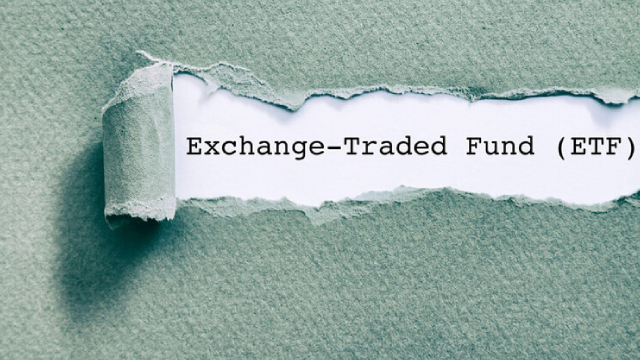Defensive Investment Strategies: Protecting Your Portfolio Amidst Market Chaos
Investing in the stock market can be an exciting and profitable endeavor, but it also comes with its fair share of risks. With the ongoing economic uncertainty and market volatility, many investors are seeking defensive investment strategies to protect their hard-earned money. In this blog post, we’ll discuss some effective defensive investment strategies that can help you weather the storm.
Bonds
One of the most traditional defensive investment strategies is to allocate a portion of your portfolio to bonds. Bonds represent a loan made by an investor to a borrower (typically a corporation or government). In exchange for the loan, the borrower agrees to pay the investor a fixed interest rate over a specified period of time. Bonds are generally considered less risky than stocks because they offer a fixed income stream and a lower risk of capital loss.
Dividend-Paying Stocks
Another defensive investment strategy is to invest in dividend-paying stocks. These are shares of companies that consistently pay out dividends to their shareholders. Dividend-paying stocks can provide a steady income stream and can help mitigate the impact of market volatility on your portfolio. Additionally, companies that pay dividends are often financially stable and have a strong track record of profitability.
Real Estate
Real estate is another defensive investment strategy that can help protect your portfolio. Real estate investments offer several benefits, including a steady income stream through rental payments, potential capital appreciation, and a hedge against inflation. Real estate can also provide a sense of security and stability, as it is a tangible asset that can be used for both personal and investment purposes.
Gold
Gold is a classic defensive investment that has been used for centuries to protect wealth during times of economic uncertainty. Gold is a precious metal that has intrinsic value and is not subject to the same market volatility as stocks and bonds. Gold can help diversify your portfolio and provide a hedge against inflation and currency fluctuations.
Impact on Individuals
- Bonds: Investing in bonds can provide a stable source of income and help protect your portfolio from market volatility. However, it’s important to note that bonds also come with risks, such as interest rate risk and inflation risk.
- Dividend-Paying Stocks: Investing in dividend-paying stocks can provide a steady income stream and help mitigate the impact of market volatility on your portfolio. However, it’s important to do your research and invest in companies with a strong financial position and a consistent track record of paying dividends.
- Real Estate: Investing in real estate can provide a stable source of income through rental payments and potential capital appreciation. However, it’s important to consider the costs of owning and managing real estate, such as maintenance and property taxes.
- Gold: Investing in gold can provide a hedge against inflation and currency fluctuations and help diversify your portfolio. However, it’s important to consider the costs of buying, storing, and selling gold.
Impact on the World
- Bonds: The demand for bonds can help support government borrowing and provide a source of funding for infrastructure projects and other initiatives. However, if interest rates rise, the value of existing bonds can decline, which can have negative consequences for investors and governments alike.
- Dividend-Paying Stocks: Companies that pay dividends can help support economic growth by providing a steady source of income for shareholders and reinvesting profits back into the business. However, if market volatility leads to a decline in dividend payments, this can have negative consequences for both investors and the economy.
- Real Estate: Real estate investments can help support economic growth by providing a source of housing and commercial space. However, if the real estate market experiences a downturn, this can have negative consequences for both investors and the economy.
- Gold: Gold is often seen as a safe haven asset, and demand for gold can increase during times of economic uncertainty. However, if the price of gold rises too quickly, this can lead to inflation and have negative consequences for the economy.
Conclusion
Investing in defensive strategies can help protect your portfolio during times of market volatility and economic uncertainty. By allocating a portion of your portfolio to bonds, dividend-paying stocks, real estate, and gold, you can help mitigate risk and provide a steady source of income. However, it’s important to remember that all investments come with risks, and it’s important to do your research and invest wisely.
Additionally, it’s important to consider the impact of defensive investment strategies on the world. While these strategies can help support economic growth and provide a source of stability, they can also have negative consequences if not implemented correctly. It’s important for investors to consider the long-term implications of their investments and to work with a financial professional to develop a well-diversified portfolio that meets their individual financial goals and risk tolerance.





